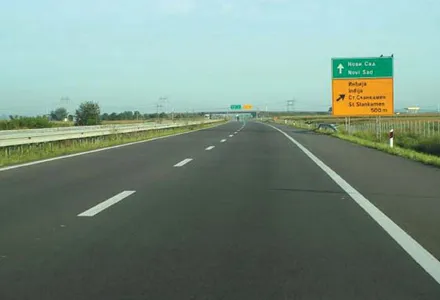Kapsch TrafficCom has won an order, valued at just over US$355.5 million, for the implementation and operation of a nationwide electronic toll collection system in Belarus.
The agreement signed by Erwin Toplak, COO of Kapsch TrafficCom, and Ivan I. Shcherbo, Minister for Transportation and Communication of the Republic of Belarus, extends over a total road network of 2,743km and is for both the implementation of a dedicated short-range communication based system as well as its operation over a 20 year pe
April 19, 2012
Read time: 1 min
The agreement signed by Erwin Toplak, COO of Kapsch TrafficCom, and Ivan I. Shcherbo, Minister for Transportation and Communication of the Republic of Belarus, extends over a total road network of 2,743km and is for both the implementation of a dedicated short-range communication based system as well as its operation over a 20 year period. The system will be deployed in phases, financed by Kapsch TrafficCom, with the first scheduled to commence operation on 1 July next year.
"The introduction of such an advanced toll collection system shows a serious approach to make a substantial contribution for infrastructure development to support the growth of economy of the Republic of Belarus," said Erwin Toplak.








